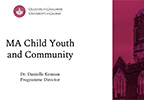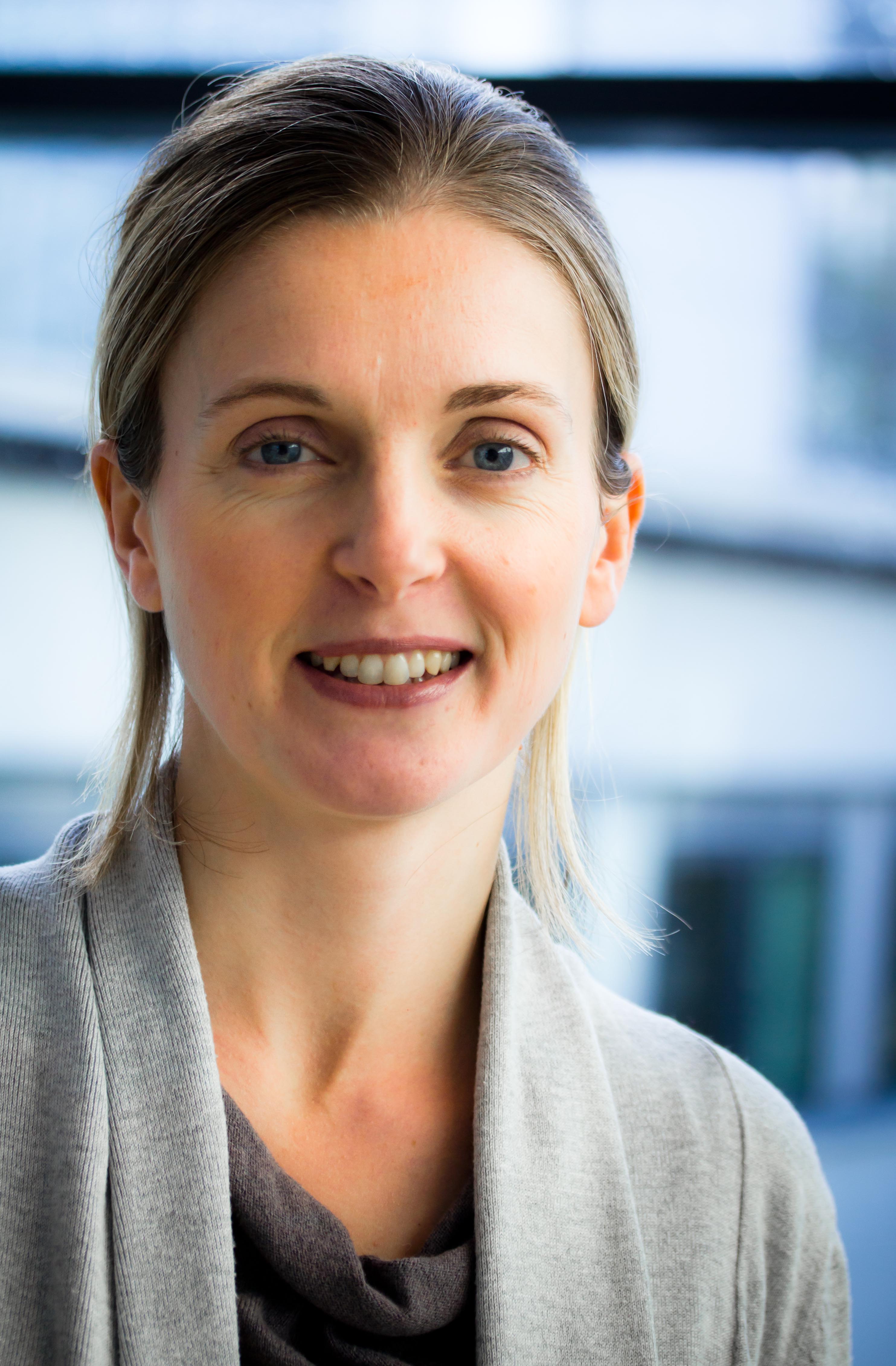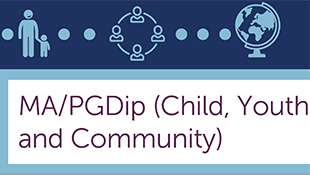-
Courses

Courses
Choosing a course is one of the most important decisions you'll ever make! View our courses and see what our students and lecturers have to say about the courses you are interested in at the links below.
-
University Life

University Life
Each year more than 4,000 choose University of Galway as their University of choice. Find out what life at University of Galway is all about here.
-
About University of Galway

About University of Galway
Since 1845, University of Galway has been sharing the highest quality teaching and research with Ireland and the world. Find out what makes our University so special – from our distinguished history to the latest news and campus developments.
-
Colleges & Schools

Colleges & Schools
University of Galway has earned international recognition as a research-led university with a commitment to top quality teaching across a range of key areas of expertise.
-
Research & Innovation

Research & Innovation
University of Galway’s vibrant research community take on some of the most pressing challenges of our times.
-
Business & Industry

Guiding Breakthrough Research at University of Galway
We explore and facilitate commercial opportunities for the research community at University of Galway, as well as facilitating industry partnership.
-
Alumni & Friends

Alumni & Friends
There are 128,000 University of Galway alumni worldwide. Stay connected to your alumni community! Join our social networks and update your details online.
-
Community Engagement

Community Engagement
At University of Galway, we believe that the best learning takes place when you apply what you learn in a real world context. That's why many of our courses include work placements or community projects.
Child, Youth and Community (MA, PDip)
Course Overview
The MA/PDip in Child, Youth and Community is designed for professionals already working in or for those who have a strong interest to work in the community, voluntary or public sector. It was developed by the UNESCO Child and Family Research Centre at the School of Political Science and Sociology. This programme emerges from the Centre’s core disciplinary orientation, Applied Social Science, and its dynamic research programme focused on ‘what works’ in the real world of policy and practice when working with and for children, youth and their communities.
Professionals involved in the delivery of services to children, young people and communities are increasingly required by funders and central government to provide scientific, robust evidence, measuring the social impact of their interventions. With an emphasis on community and rights based approaches, this one year full-time / two-year part-time blended learning MA Programme, will enable students to be proficient in programme planning, monitoring and evaluation methodologies in the context of child, youth and community services. The programme will allow students space to critically engage with the discourses and debates on ‘evidence’ and explore new lines of research and evidence to accommodate both in the real world of practice.
The objectives of the programme are to:
- Equip students with the theoretical knowledge and practical skills in programme planning, implementation, monitoring and research evaluation;
- Develop students’ capacity to design and deliver human rights based and culturally sensitive programmes and services;
- Support students to critically explore new lines of research and the use of research evidence in practice;
- Enable students to develop their capacity as leaders in this field;
- Enhance students’ skills in communication and innovative thinking;
- Provide professional experience and networking opportunities for students.
Applications and Selections
Applications are made online via the University of Galway Postgraduate Applications System.
Who Teaches this Course
Other staff members of the School of Political Science & Sociology and the UNESCO Child and Family Research Centre staff are module conveners and contributors and dissertation supervisors.
Requirements and Assessment
Applicants will require a NQF Level 8 degree, Second Class Honours (2:1) in child, youth and family studies, sociology, social care, psychology or a cognate discipline. Where applicants do not meet the formal academic requirements they can apply for entry through the University’s Recognition for Prior Learning Policy.
Information on the documentation required to support your application is available here.
Students will be assessed on a continuous basis. Assessment will vary from module to module, involving a combination of written assignments, such as, essays, project work, engagement with discussion boards. Central to students’ assessment is their final research project.
Key Facts
Entry Requirements
Applicants will require a NQAI Level 8 degree, Second Class Honours, or equivalent, with a 2:1 in child, youth and family studies, sociology, psychology or a cognate discipline. Where applicants do not meet the formal academic requirements they can apply for entry through the University’s Recognition for Prior Learning Policy.
Additional Requirements
Recognition of Prior Learning (RPL)
Applicants who do not have the required academic qualifications for entry purposes may also be entitled to apply under the University’s Recognition of Prior Learning Policy. Further information is available on the University’s Recognition of Prior Learning website.
Duration
1 year full-time; 2 years part-time
Next start date
September 2024
A Level Grades ()
Average intake
20
QQI/FET FETAC Entry Routes
Closing Date
Applications will be accepted on a rolling basis.
NFQ level
Mode of study
ECTS weighting
90
Award
CAO
Course code
MA—MA-CYC; PDip—PGD-CYC
Course Outline
All MA Students are required to complete 90 credits (ECTs) worth of modules—70 ECTs will be taught core and optional modules. A further 20 ECTs will be awarded for the successful completion of a final research paper, which can take a traditional dissertation format, a community-based research project, a journal paper or a conference presentation.
Postgraduate Diploma Students are required to complete 60 credits (ECTs) worth of modules, combining core and option modules.
Our approach to blended learning is a combination of on campus classes and online classes, with synchronous (live), asynchronous and hybrid delivery. Classes taught on campus and synchronous (live) online classes will be delivered mid-week.
Core Modules (subject to change)
- Families, Children and Young People: Sociological Perspectives and Policy Issues (10 ECTS)
- Programme Planning and Evaluation (10 ECTS)
- Human Rights and Social Justice (10 ECT)
- Community Development and Community Organising (5 ECT)
- Research Methods and Methodology (10 ECTS)
- Research Workshop (10 ECTS)
Option Modules (subject to change)
- Professional Experience (10 ECT)
- Field-Based Learning (Fieldtrip to Brussels in Academic year 2022/23) (5 ECT)
- Working with Specific Populations (5 ECT)
- Applied Gender Analysis (5 ECT)
- Social and Political Context of Activism and Advocacy (10 ECT)
- Gender, Sexuality and Global Health (10 ECT)
- Welfare, Social Change and Irish Society (10 ECT)
- Policy and Governance of the Digital Age (10 ECT)
- Women, Conflict and Human Security (5 ECT)
Why Choose This Course?
Career Opportunities
The programme is designed for professionals already working in the community, voluntary or allied sectors and for those who have a specific expertise in, or understanding of the lives of children and youth and communities, and who wish to acquire a specialised Level 9 qualification which will ‘add value’ to their existing qualifications and enable them progress to leadership roles within their careers.
The MA provides students with the opportunity to develop skills-sets that are in high demand. It is designed to respond to the needs of a funding dependent sector and meet the growing national and international donor requirement, to comply with rights-based approaches and provide scientific, robust evidence to measure the impact of social interventions.
Upon graduation students will have the necessary knowledge and a skill-set in programme planning, research and evaluation, human rights programming and advocacy, communication and innovative thinking in the context of child, youth and community services.
Typically, graduates will seek employment in areas such as youth work, child welfare, community development, national or international public administration, advocacy or research.
Unique Strengths of the Programme
- The Programme is designed in collaboration with leading organisations and employers in the wider child, youth and community work sectors;
- The Programme is based in a UNESCO affiliated Research Centre and connected to the global network of the UNESCO Chair in Children, Youth and Civic Engagement;
- The Programme provides a flexible study route with full-time and part-time options, a Postgraduate Diploma exit award and Blended learning opportunities.
- The programme offers the opportunity to be part of a thriving post-graduate community within the wider School of Political Science and Sociology.
Who’s Suited to This Course
Learning Outcomes
Transferable Skills Employers Value
On the successful completion of this programme students will have:
1. Developed skills in programme planning, monitoring and evaluation;
2. Enhanced their skills in human rights based approaches to programme planning;
3. Enhanced their intercultural competencies;
4. Developed their skills in research, communication and innovative thinking;
5. Critically explored current research evidence and developed the capacity to use research evidence in practice;
6. Built national and international networks within the sector;
7. Developed their capacity as leaders in this field [leadership skills].
Work Placement
Study Abroad
Related Student Organisations
Course Fees
Fees: EU
Fees: Tuition
Fees: Student levy
Fees: Non EU
PDIP: EU - €5,000 (€5,140 including levy); Non EU - €14,000 (€14,140 including levy)
Student levy €140—payable by all students and is not covered by SUSI. Further detail here.
Find out More
Dr Danielle Kennan
T: +353 91 495 731
E: danielle.kennan@universityofgalway.ie
What Employers Say

Maria Kypriotou | Youth Development Specialist, UNESCO
Understanding a human rights based approach in the context of programme planning and being proficient in monitoring and evaluation are two fundamental skill sets for those that want to work in this sector.in Connect with Maria
What Students Say

Annemarie Shalloo | Student
The MA in Child Youth and Community has allowed me to reflect on my professional experience to date while also allowing me to apply theory to my practice. It has provided me with an understanding of what is meant by key concepts such as human rights, evidence-based practice, programming planning etc. Most importantly, it is equipping me with knowledge and language that I can use in the field to hopefully make a difference.





















